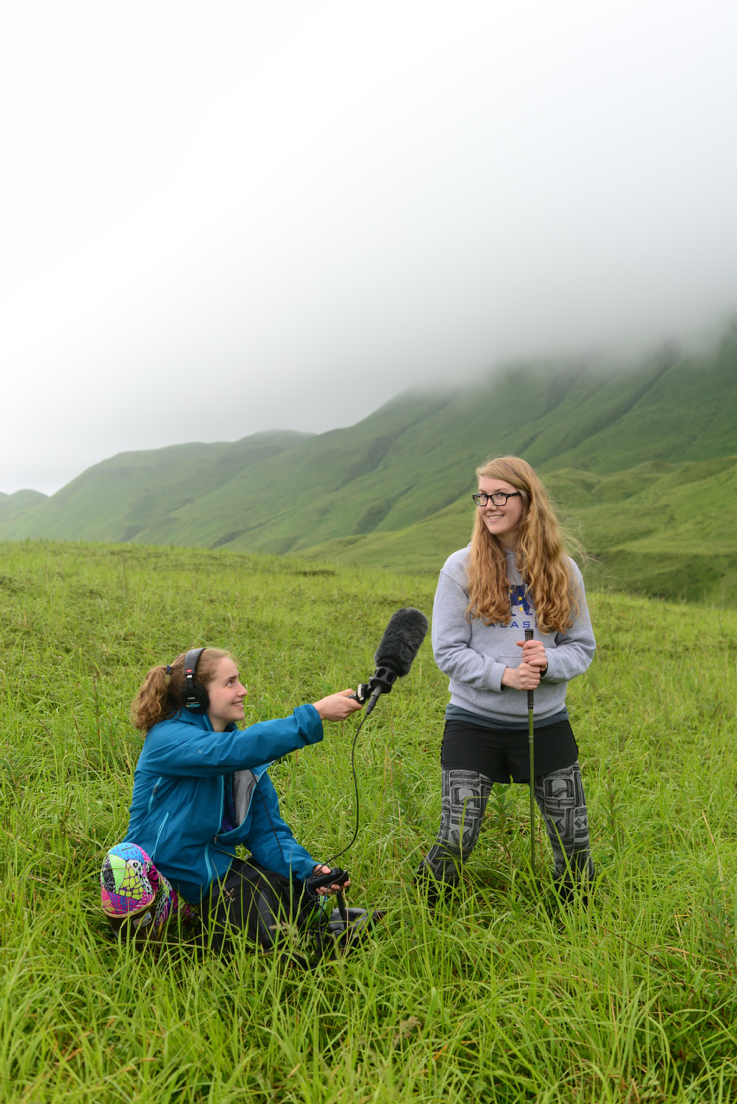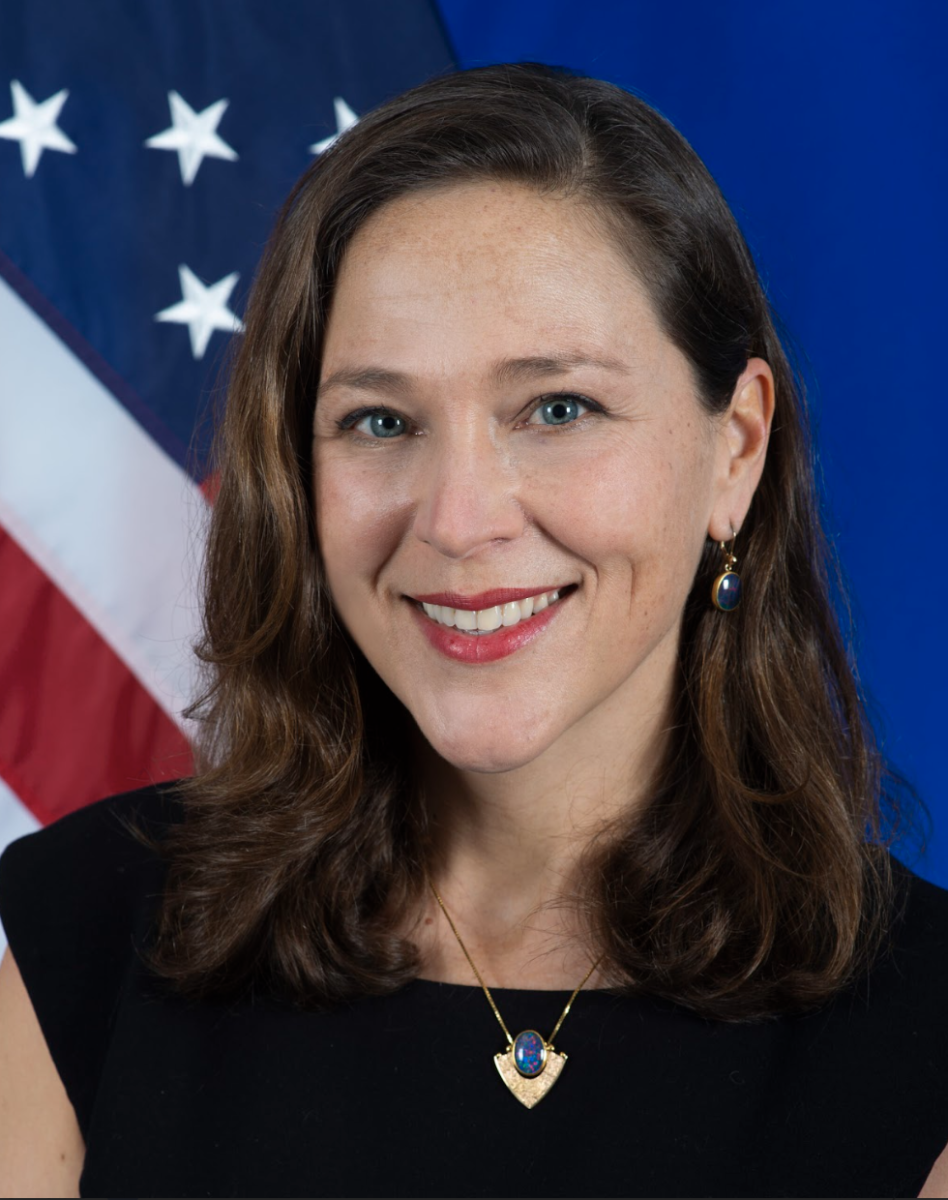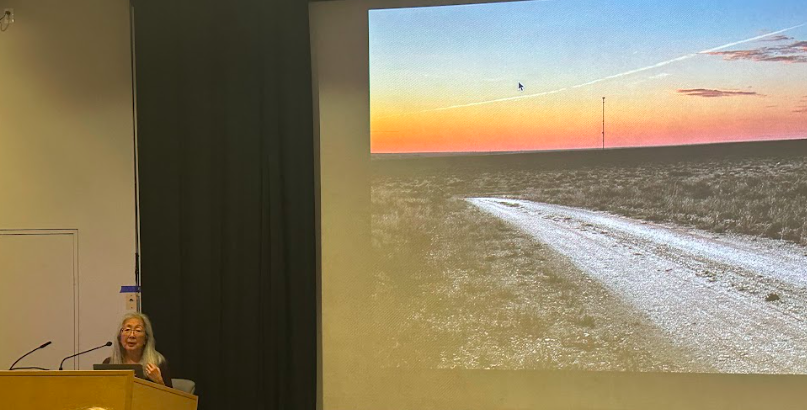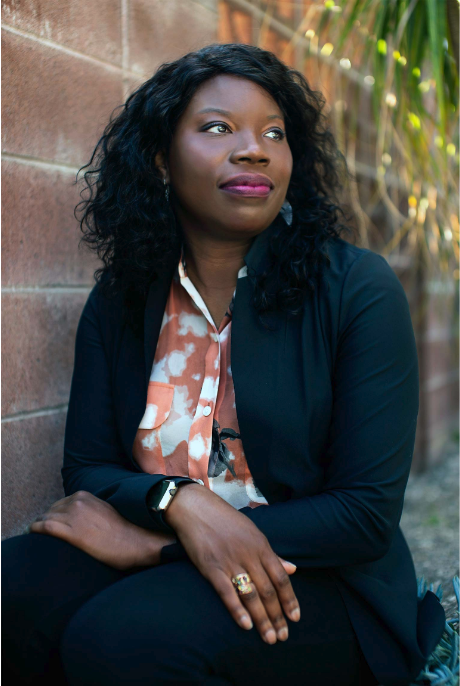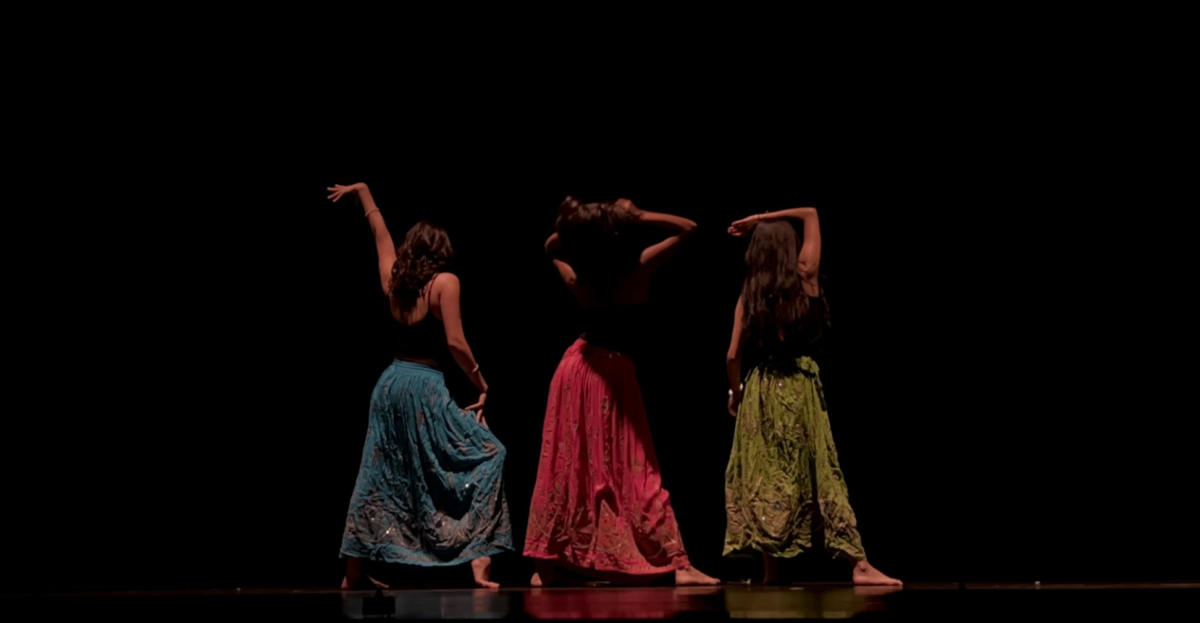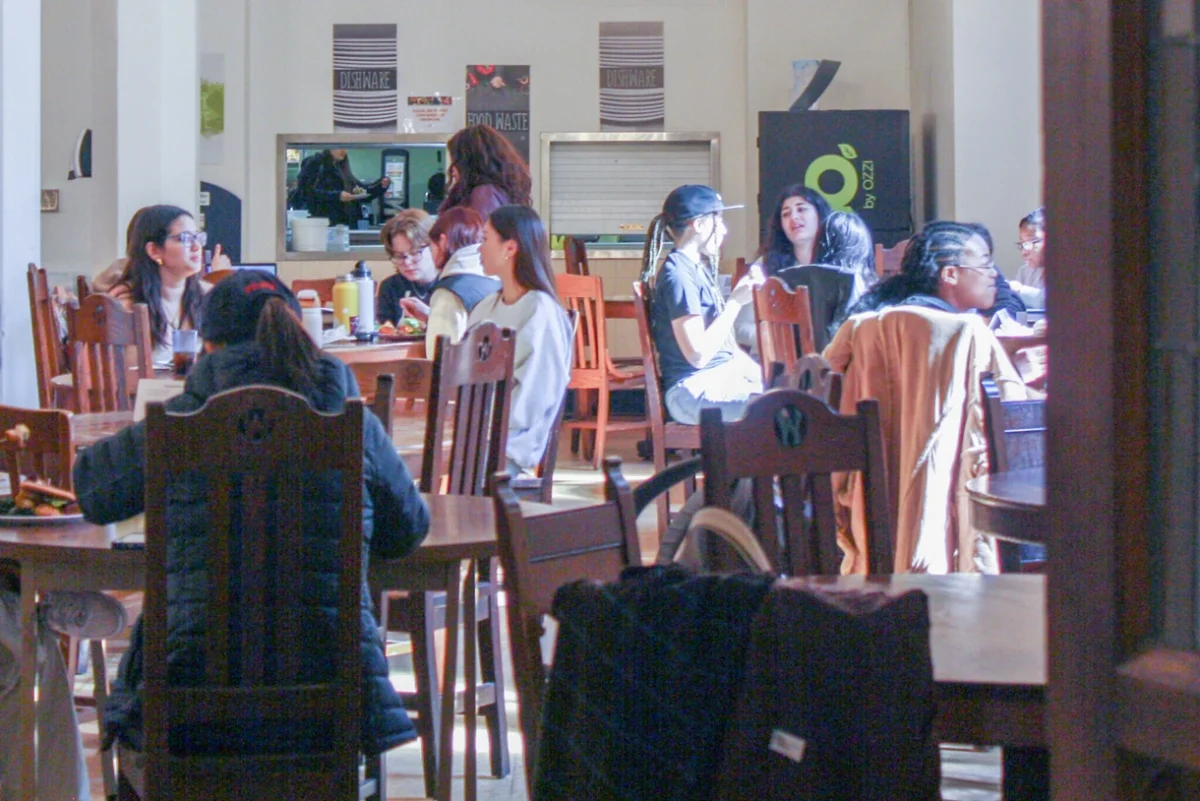Zoë Sobel ’14 never imagined that just three years out of Wellesley College, she would be reporting with the radio station KUCB in Unalaska—a small hub of the Aleutian Island fishing industry in Western Alaska. Hailing from Cape Elizabeth, ME, Sobel had never lived outside of New England before moving to Alaska last year.
Sobel’s passion for journalism started when she was young, as the public radio constantly played in the background of her home.
“When people asked what my favorite music was, I would say NPR,” she joked. However, she was more than just an avid fan of radio. During high school, Sobel also served on the advisory board for her local public radio station.
Like many others, Sobel didn’t know what she wanted to do when she entered Wellesley in the fall of 2010. Her interests ranged from journalism to medical school. Ultimately, she chose to major in psychology.
“People are really interesting, and trying to understand why people do what they do applies to so many different things,” said Sobel, who now finds herself in a line of work that focuses on understanding and communicating the stories of others.
In addition to gaining writing skills while she earned her degree, Sobel also discovered her passion for journalism at Wellesley, specifically through her work at WZLY, the College’s student-run radio station. At WZLY, she was able to acquire experience on the production side of the radio programming she fondly grew up with. Her professors also helped her find work at WBUR Boston.
Sobel credits Wellesley’s strong alumnae network for many of the opportunities she has been afforded since graduation. It was an alumna who advocated on her behalf to turn one of her summer internships into a job.
One of her most meaningful experiences in journalism was covering the trial of Dzhokhar A. Tsarnaev, who bombed the Boston Marathon in 2013. The attack happened while she was a student at Wellesley.
“It was great to get to spend six months on something like that. You actually get to dive in and learn more about the subject…[It had been] a really big event my junior year,” said Sobel.
After spending two years in Boston after college, Sobel decided it was time for a change. Torn between Maine, Texas and Alaska, she decided to accept a reporting job with a journalist’s collaborative, covering science and energy in Unalaska, AK. She wanted to experience a different environment than the one she had become accustomed to and connect with the outdoors, as well as report in a smaller market.
Sobel was most surprised by the incredible diversity she found in her new community, which included people from all over the world, of all different backgrounds, drawn by a sense of adventure and the opportunity to live and work in this remote community.
Unalaskans are proud of their diversity; 47 percent of the children in school there have learned English as a second language. Given the challenge of being over 1,000 miles from the nearest Wal-Mart, citizens of Unalaska are necessarily reminded of the value of sticking together.
In today’s contentious political climate, particularly with the rise of “fake news,” the value of a healthy relationship between journalists and citizens isn’t lost on Sobel.
“There are only three reporters where I live, so people also have a face to most of the news they’re getting about their community,” said Sobel.
She appreciates her ability to connect with people in a way that transcends the national rancor. Despite the slow and expensive internet, the occasional fake news story does break through in Unalaska. It is in those times Sobel is reminded that she represents a much larger national conversation.
“I think it’s harder… as a reporter, I have to be an ambassador and talk about the difference between fake news and real news,” said Sobel.
She credits her time at Wellesley for giving her the skills to fully embrace the new environment she lives in—to be more open to new experiences and thrive in a small but global community. Most importantly, she has learned that these new experiences do not have to be faced alone.
“I need to ask other people for help, they’re going to help me, I’m going to make an informed decision, and I’ll figure it out if something goes wrong,” said Sobel.
Sobel has learned, and continues to learn, how to have confidence amidst upheaval and uncertainty.
Ironically, the often high stress environment on campus also taught her about striking a work-life balance. Although Wellesley and Unalaska are wildly different, Sobel credits Wellesley with teaching her that there’s more to life than just work.
“It’s not healthy for me to just throw myself into my job all the time… I’m trying to not just do my job [and] have better work life balance and enjoy this place I moved thousands of miles away to live in,” said Sobel.
For Sobel, Wellesley is not far behind her. Lake strolls and late nights in Clapp are recent memories, not hazy remnants of time long past. Sobel’s story is a testament to how much the four years spent here are an experience like no other; it’s a unique preparation for an unconventional life. Leaving ‘the bubble’ is never easy, but the community that extends beyond the grounds of the College is a reminder that support is never far away.

